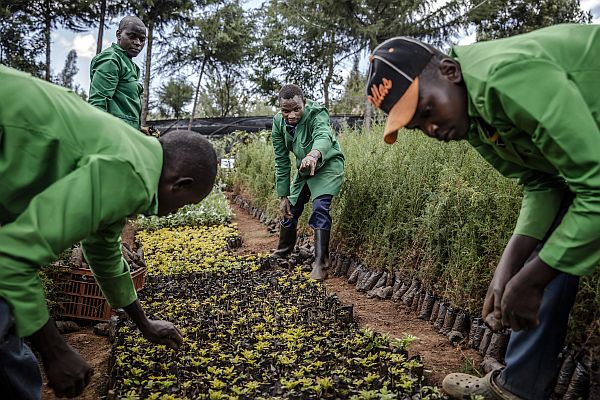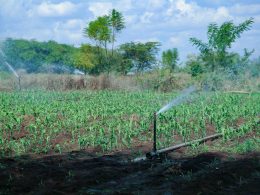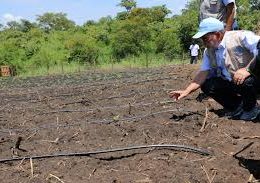By Mark Kawalya
The UN’s Food and Agriculture Organization (FAO) has collaborated with the European Union (EU) on a project aimed at redeveloping Uganda’s forestry sector. With an investment of 15 million euros ($16.29 million), the initiative, is set to run over a five-year period. Titled as Sustainable Wood-Based Value Chains in Uganda, it will have the dual objective of strengthening the sector’s economic contributions while safeguarding environmental sustainability.
Uganda’s forests currently face a number of challenges. These range from encroachment to illegal logging. The core strategy of the project is to ensure a consistent supply of wood materials from cultivated forests. These will strengthen processing capacities and expand market demand for wood products. A key aspect of the project is to facilitate accessible financing mechanisms. This is important in building entrepreneurship which will drive sustainable growth within the sector.
Jan Sadek, the EU Ambassador to Uganda, reiterated the EU’s commitment to nurturing Uganda’s commercial forestry industry. With action from its partners, the EU hopes to cultivate a resilient and ecologically viable sector conducive to both economic growth and environmental stewardship.
Antonio Querido, FAO Representative in Uganda, talked about the project’s core goal which is to unlock the potential of Uganda’s forest resources. This will encourage inclusive economic development and address pressing global challengers like climate change and biodiversity loss.
Facilitating access to affordable financing, the project endeavors to empower small and medium enterprises through targeted capacity-building interventions and enhanced linkages with financial institutions.
Alfred Okot Okidi, the Permanent Secretary of the Ministry of Water and Environment, underscored the project’s resonance with Uganda’s National Development Agenda. The project will strengthen value addition, mitigate environmental degradation, combat climate change, and foster sustainable livelihoods.
Critical to the project’s success is combating illicit timber trade, which undermines conservation efforts. Additionally, the vice jeopardizes long-term economic viability. By promoting sustainable practices and value addition along the wood value chain, the initiative will cater to growing wood supply needs. It will also stimulate employment generation, and incentivize legal and sustainable forestry practices.








